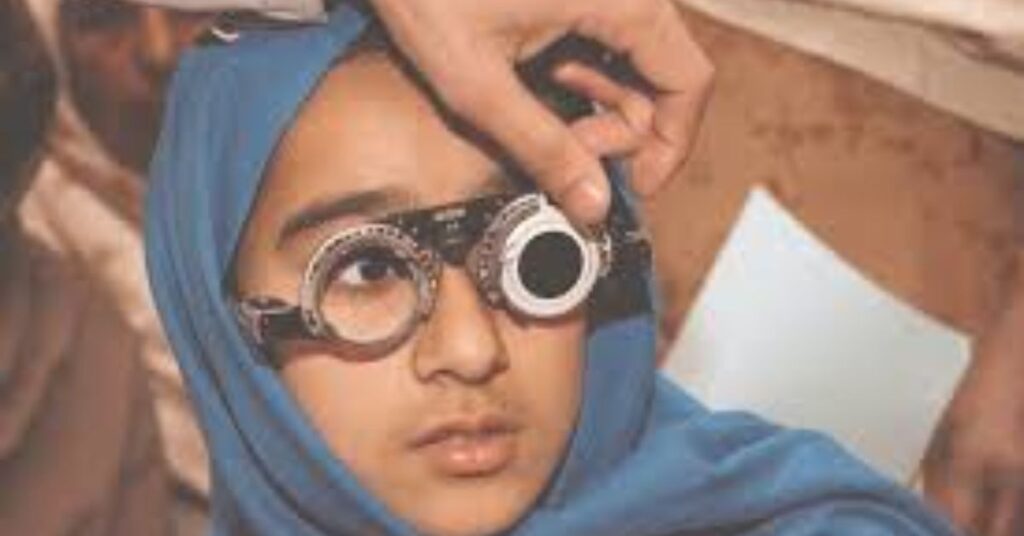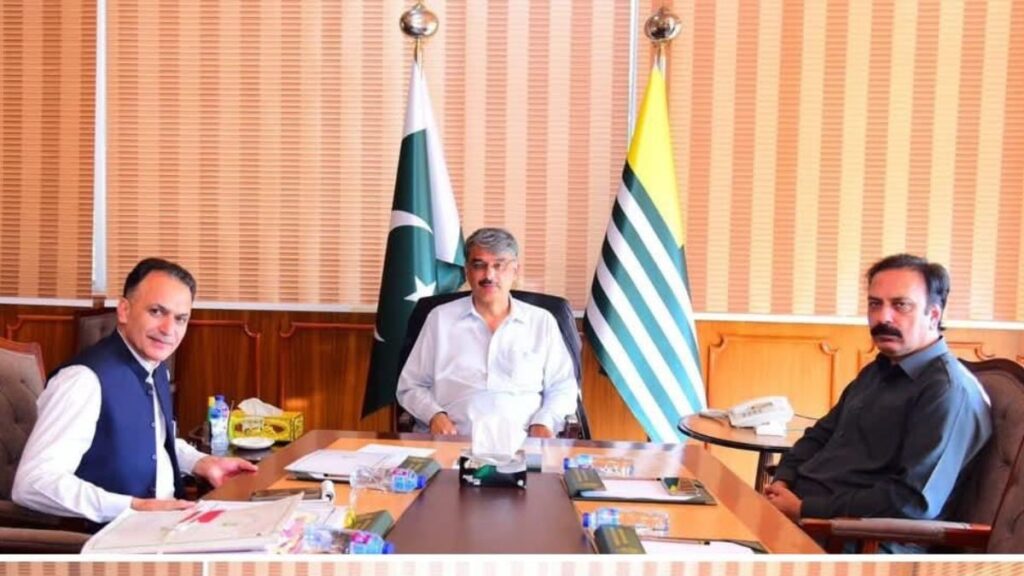ISLAMABAD (Kashmir English): The National Reference Laboratory, on Sunday, has revealed that polio virus has been detected in sewage sample testing across Pakistan.
The polio virus has been detected in sewage samples from all four provinces including the federal capital Isalmabad.
The NRL conducted a total of 28 sewage sample test from 20 districts, raising an alarm over Pakistan’s fight against polio virus.
The results shows that the sewage sample test positive for Wild Poliovirus Type 1 (WPV1). These samples were taken between May 8 and June 17.
14 sewage samples from 10 districts tested positive for polio. While, The sample from Lahore also tested positive.
Mastung, Khuzdar, and Sibi in Balochistan are the districts confirming the presence of poliovirus.
Additionally, five samples from four Khyber Pakhtunkhwa areas came back positive. Additionally, two samples from two different locations in Islamabad were found to be positive. One sample from the district of Mirpur in Azad Kashmir had a positive poliovirus test.
In Sindh, samples from Jacobabad, Hyderabad, Qambar, Larkana, Mirpurkhas, and Karachi East, West, South, Keamari, and Sukkur tested positive for polio.
Additionally, poliovirus was found in samples from Upper South Waziristan, Lakki Marwat, Mansehra, and Dera Ismail Khan.
Earlier, Pakistan’s 2025 polio tally has risen to 14 as the National Institute of Health (NIH) has reported a new polio case in the North Waziristan district of Khyber-Pakhtunkhwa.
The Regional Reference Laboratory for Polio Eradication at the National Institute of Health (NIH) Islamabad has confirmed that a 19-month-old boy from Union Council Miranshah-3, North Waziristan, has been confirmed as the eighth polio case from K-P this year.
With this latest case, the total number of polio cases in the country in the running year now stands at 14, including eight from Khyber-Pakhtunkhwa, four from Sindh, and one each from Punjab and Gilgit-Baltistan.




